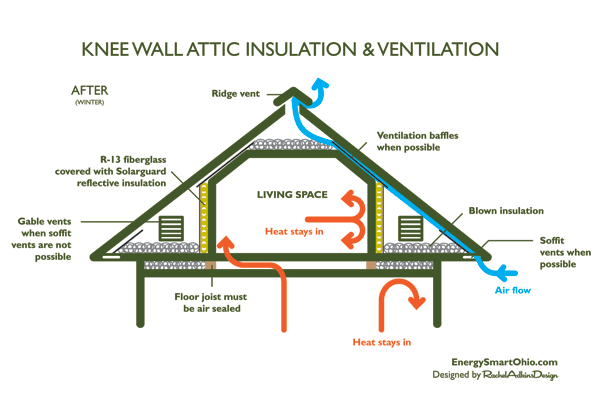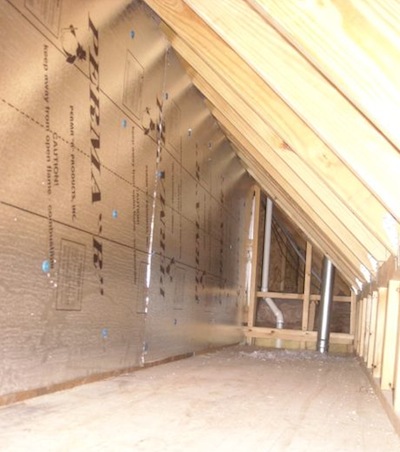Exterior wall insulation is a great defense against the loss of cool air in the summer and heat in the winter.
Exterior wall and attic insulation is used to keep.
For example an r 19 batt added to an r 30 will yield an r 49.
A scrap of plywood under the batt will protect finished floors and keep the blade from dulling on concrete.
The insulation can be installed to any r value.
Drill holes in the sheathing and blow insulation into the empty wall cavity before installing the new siding and.
Fiberglass or mineral wool loose fill insulation can also be used.
Unfortunately if your home was built prior to 1980 it probably doesn.
Use a 4 to 6 in wide board or strip of plywood as a straightedge to guide your utility knife.
Look for insulating pre cut jackets or blankets with an insulating value of at least r 8.
Adding extra insulation to the exterior walls of an older home when renovating or remodeling is a great way of improving a home s walls thermal performance and reducing energy use while reducing heating bills carbon footprint and improving a building s comfort level.
It is very popular for retrofitting old walls which either have no insulation or have insulation that has sagged with age.
If your attic has enough insulation and proper air sealing and your home still feels drafty and cold in the winter or too warm in the summer chances are you need to add insulation to the exterior walls.
Exterior wall insulation of an existing house can require removing the siding or you can achieve exterior and interior wall insulation using blown in insulation.
Loose fill insulation is a great option for attic floors and walls.
It may look easy to go buy some packs of rigid insulation panels down at the local hardware store and screw them to your walls but unless you understand how your existing walls are built and how they work in terms of keeping.
Find out how new attic insulation can reduce your energy costs and better your home comfort.
Insulate your attic outer walls and crawl space first as these areas are most susceptible to heat transfer.
Wall insulation whenever exterior siding is removed on an.
Line up the edge of the board at the proper width compress the insulation and cut it with a sharp utility knife.
To achieve r values of r 38 and higher two layers can be used and their r value combined.
Loose fill is installed by a machine which blows it into the spaces needed.





























